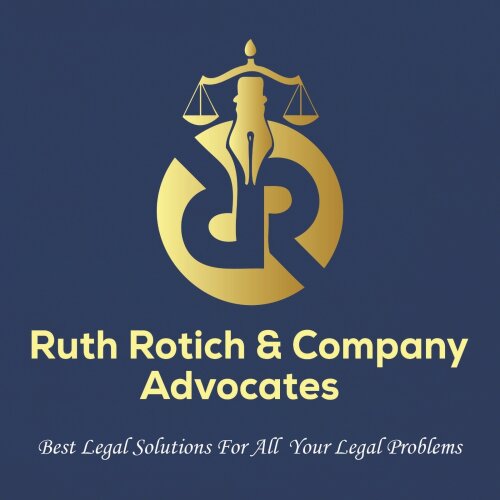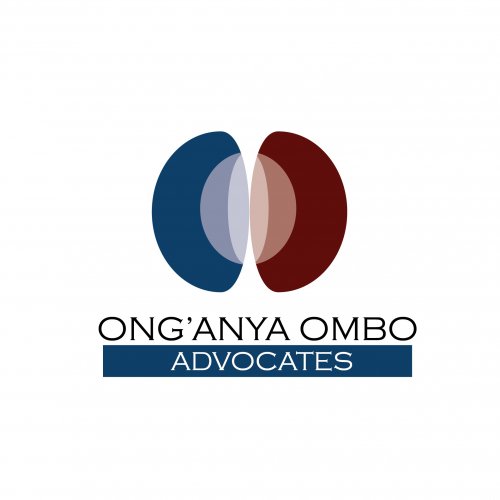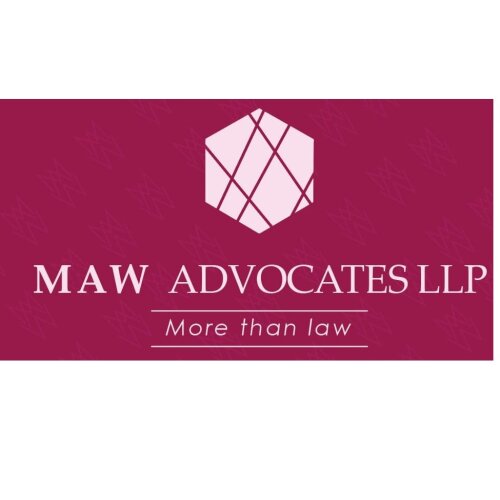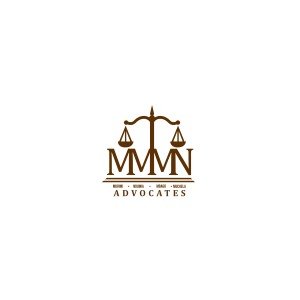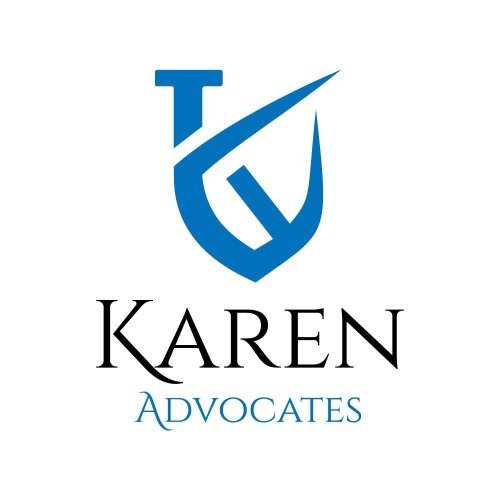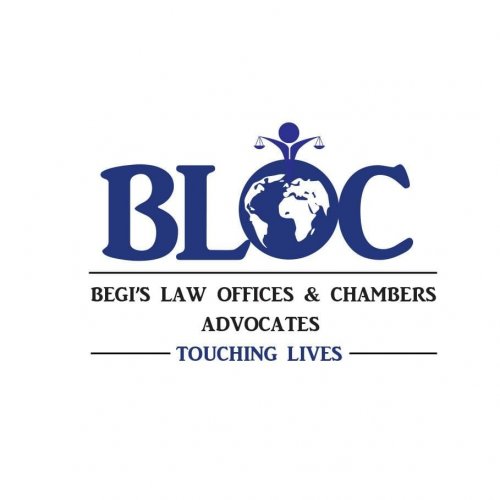Best Criminal Litigation Lawyers in Nairobi
Share your needs with us, get contacted by law firms.
Free. Takes 2 min.
List of the best lawyers in Nairobi, Kenya
About Criminal Litigation Law in Nairobi, Kenya
Criminal Litigation in Nairobi, Kenya refers to the legal process followed when someone is accused of committing a crime. It involves the prosecution of criminal offenses, defense of those accused, and the resolution of criminal cases through trials or other legal means. Criminal Litigation is governed by the Kenyan Constitution, statutes, and regulations applicable in Nairobi. Understanding the legal procedures and your rights in criminal cases is crucial to navigate the justice system effectively.
Why You May Need a Lawyer
Legal representation is essential in Criminal Litigation to ensure fairness and protect your rights. Some common situations where you may require a lawyer include:
- If you are arrested or charged with a criminal offense
- If you need guidance on your rights during police investigations
- If you want to file a criminal complaint against someone
- If you need representation during court proceedings, such as bail applications, trials, or appeals
- If you require legal advice on plea bargaining or alternative dispute resolution options
Local Laws Overview
In Nairobi, Kenya, several laws are particularly relevant to Criminal Litigation. Here is a summary of key aspects:
- The Kenyan Constitution safeguards fundamental rights, including the right to fair trial, the presumption of innocence, and protection against self-incrimination.
- The Criminal Procedure Code of Kenya outlines the procedural aspects of criminal cases, such as arrests, bail, evidence, and trial processes.
- The Penal Code of Kenya defines various criminal offenses and their corresponding punishments. It specifies offenses relating to public order, property, drugs, fraud, assault, and more.
- The Evidence Act provides guidelines on the admissibility of evidence and the examination of witnesses during criminal trials.
- The Witness Protection Act establishes a framework for the protection of witnesses in criminal cases, ensuring their safety and cooperation.
Frequently Asked Questions
1. Can I refuse to answer questions during a police investigation?
Yes, you have the right to remain silent and avoid self-incrimination during a police investigation. It is advisable to wait until you have consulted with a lawyer before answering any questions.
2. How does the bail process work in Nairobi, Kenya?
After being charged with a criminal offense, you may apply for bail. The court will consider factors such as the seriousness of the offense, flight risk, and potential danger to the community. If granted bail, you will be required to provide a financial guarantee and adhere to certain conditions until the trial.
3. What is the difference between a misdemeanor and a felony?
In Kenya, crimes are generally classified as misdemeanors or felonies based on their seriousness. Misdemeanors are less serious offenses punishable by imprisonment for up to two years, fines, or both. Felonies are more serious offenses with harsher penalties, usually punishable by imprisonment for more than two years.
4. What are the possible outcomes of a criminal trial?
The possible outcomes of a criminal trial in Nairobi can include acquittal, guilty verdict, or a plea bargain agreement. If convicted, possible penalties may include imprisonment, fines, community service, probation, or a combination thereof.
5. Can I appeal a criminal conviction in Nairobi?
Yes, if you have been convicted of a criminal offense, you have the right to appeal the decision. It is crucial to consult a lawyer experienced in appellate litigation to guide you through the complex process of appealing a conviction.
Additional Resources
For further assistance and information regarding Criminal Litigation in Nairobi, Kenya, you may find the following resources helpful:
- Nairobi Bar Association: Provides a directory of reputable lawyers and legal aid clinics in Nairobi. Contact them for referrals.
- Kenya Law: An online resource offering access to Kenyan legislation, case law, and legal opinions. Provides valuable information on Kenyan legal matters.
- Directorate of Public Prosecutions: The official body responsible for prosecuting criminal cases. Their website offers information on current cases, legal initiatives, and contact details.
Next Steps
If you require legal assistance in Criminal Litigation in Nairobi, Kenya, follow these steps:
- Assess your situation and determine the specific legal assistance you need.
- Research and select a reputable lawyer or legal aid clinic specializing in Criminal Litigation.
- Contact the chosen lawyer or legal aid clinic to schedule a consultation.
- During the consultation, provide all relevant details and listen carefully to the lawyer's advice.
- If you decide to proceed, follow the lawyer's guidance, provide necessary documentation, and actively participate in your case.
Lawzana helps you find the best lawyers and law firms in Nairobi through a curated and pre-screened list of qualified legal professionals. Our platform offers rankings and detailed profiles of attorneys and law firms, allowing you to compare based on practice areas, including Criminal Litigation, experience, and client feedback.
Each profile includes a description of the firm's areas of practice, client reviews, team members and partners, year of establishment, spoken languages, office locations, contact information, social media presence, and any published articles or resources. Most firms on our platform speak English and are experienced in both local and international legal matters.
Get a quote from top-rated law firms in Nairobi, Kenya — quickly, securely, and without unnecessary hassle.
Disclaimer:
The information provided on this page is for general informational purposes only and does not constitute legal advice. While we strive to ensure the accuracy and relevance of the content, legal information may change over time, and interpretations of the law can vary. You should always consult with a qualified legal professional for advice specific to your situation.
We disclaim all liability for actions taken or not taken based on the content of this page. If you believe any information is incorrect or outdated, please contact us, and we will review and update it where appropriate.





